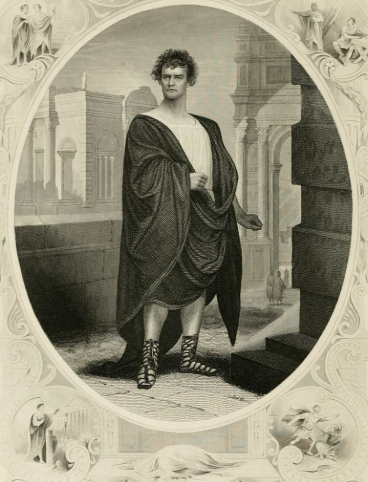Is Genre Dead?
There are many who seem to believe that the death of genre is imminent. Publications like the New Yorker and Varsity have already described such a demise. Varsity references Portugal. The Man’s 2017 hit song “Feel It Still,” noting that it broke down the walls between its pop, rock and funk inspirations. The New Yorker cites Lil Nas X’s “Old Town Road” for its unconventional medley of country and rap. These articles argue that since the line between genres is becoming increasingly blurred, distinct genre categories are dying out.
I would argue that this is not true. The merging of genres is as old as music itself. Take a look at musicmap.info. This website traces the genealogy of popular music since the late 19th century. Besides being incredibly detailed and fun to browse through, the website shows that genres have been merging since modern music began, and even before: Chopin combined the “high” music of his era with the traditional folk mazurkas of his Polish roots. Lizst, in a similar manner, combined European classical music with Hungarian folk music.
But these articles declare that genre is merging in such a way that the lines between distinct categories are no longer perceptible. Surely, since the old genres are disappearing, then aren’t the number of genres decreasing?
Well, it is also the case that the combination of genres can lead to the creation of a whole new genre. Again, this is a longstanding phenomenon that can be observed as far back as music has been documented. Throughout history, genres like rock, blues or jazz fusion, and bands like Radiohead or the Talking Heads have been defined by their unique combination of previous sounds and styles. And each of these “patchwork” genres inspire several that are completely novel. The number of genres isn’t decreasing — in fact, more genre crossovers mean more genres.
These articles ignore the fact that other new and distinctive genres are being created today. Hyperpop and bedroom pop are two brand new genres that have emerged within the past decade, and rap is divulging into countless new subgenres like rock did in the decades before the new millennium. Artists like Kendrick Lamar, Childish Gambino and Tyler, the Creator are pushing rap to a point where it would be absurd to group them into the same genre as the original MCs. It would be like saying Nirvana is the same genre as Chuck Berry, or that Louis Armstrong is like John Coltrane.
But then why do these writers think that genre is dying? One reason may be that the combination of genres and the level of experimenting that is happening in music today is occurring at a much faster rate than it has in previous years. The way that music industry revenue has shifted over the years shows that the vast majority of music nowadays is consumed via streaming. This is the first time in history that a physical copy of the music isn’t needed. Previously, CDs, vinyl and cassettes were the main modes of music consumption. As a result, music lovers had to pay extra to listen to individual songs and albums and thus were less likely to explore outside of their taste range. One wouldn’t simply fork over their cash for something they weren’t even sure they would like. It was a risk that wasn’t worth taking. Nowadays, when you can listen to a whole library of music, whenever and wherever you are, for less than $10 a month, it is not at all uncommon to hear someone say that their music taste encompasses everything from One Direction to Black Sabbath to 100 Gecs.
With essentially zero risk involved, musicians are now able to draw on sounds from across countless genres at a rate that was rarely seen before music streaming became the norm. Because of the higher level of experimentation, known genres are being combined into new and unfamiliar forms. Those predicting the “Death of Genre” can’t define what this new sound is, because there is no definition for it. Since they can’t yet define it, they say it is “genre-less.” But this is a shortsighted conclusion that fails to account for the known historical processes of the way music evolves.




Comments ()